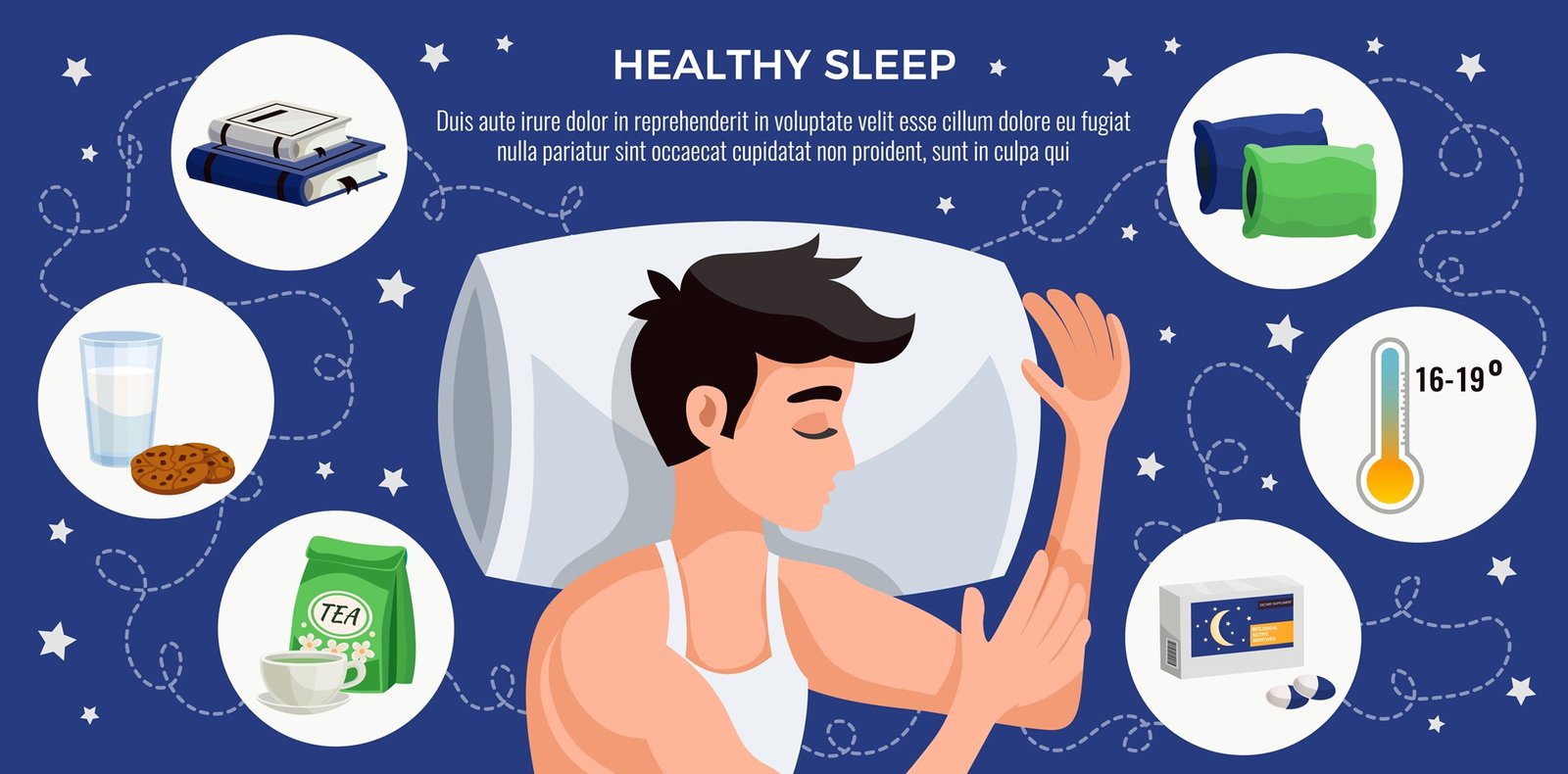In a world that often glorifies quick fixes and compartmentalized health strategies, the concept of holistic health offers a refreshing and more sustainable approach to well-being. Rather than treating symptoms in isolation, holistic health emphasizes the interconnectedness of the mind, body, and spirit. At its core, it’s about balance—particularly among three foundational pillars: nutrition, sleep, and movement.
What Is Holistic Health?
Holistic health is a lifestyle philosophy that views the body as a complete system. Instead of focusing solely on isolated symptoms or single health aspects, it seeks harmony across physical, mental, emotional, and spiritual domains. Central to this approach is the belief that true wellness can only be achieved when all areas of life are functioning optimally and in sync.
1. Nutrition: Fueling the Body from Within
Nutrition plays a pivotal role in maintaining energy, boosting immunity, improving brain function, and preventing chronic diseases. But holistic nutrition goes beyond just calories and macros—it focuses on whole, nutrient-dense foods that nourish both the body and the mind.
Key Principles of Holistic Nutrition:
Whole foods over processed ones: Fresh fruits, vegetables, lean proteins, whole grains, and healthy fats.
Mindful eating: Being present during meals, chewing thoroughly, and recognizing hunger and fullness cues.
Bio-individuality: Understanding that every body is different; what works for one may not work for another.

2. Sleep: The Unsung Hero of Health
Quality sleep is one of the most underestimated components of holistic health. It’s during sleep that the body repairs, detoxifies, and consolidates memories. Inadequate sleep can disrupt hormone balance, impair cognitive performance, weaken immunity, and even contribute to weight gain.
Ways to Improve Sleep Holistically:
Consistent sleep schedule: Go to bed and wake up at the same time daily.
Wind-down rituals: Avoid screens before bed; opt for reading, meditation, or gentle stretching.
Optimize the environment: Keep your bedroom cool, dark, and quiet to promote restful sleep.
3. Movement: More Than Just Exercise
Movement isn’t limited to intense gym sessions. From walking and yoga to dancing and stretching, movement should be seen as a joyful expression of the body, not a punishment.
Benefits of Daily Movement:
Enhances mood and reduces stress through endorphin release.
Improves cardiovascular health and muscle function.
Boosts energy levels and improves posture and mobility.
Holistic Approach to Movement:
Listen to your body: Some days call for intense activity; others may need rest or gentle movement.
Incorporate variety: Mix strength training, cardio, and flexibility exercises.
Move regularly: Aim for at least 30 minutes a day, even if it’s broken into shorter sessions.
The Synergy Between Nutrition, Sleep & Movement
The real power of holistic health lies in the synergy between these three pillars. Poor sleep can lead to cravings for unhealthy food. A bad diet can sap your energy and motivation to move. Lack of movement can interfere with sleep quality. Each element feeds into the other—when balanced, they create a self-reinforcing cycle of well-being.
Final Thoughts: Start Small, Think Big
Integrating holistic health practices doesn’t require a complete lifestyle overhaul overnight. Begin with small, consistent steps—maybe adding more greens to your meals, going for a short walk each day, or setting a regular bedtime. Over time, these habits build upon each other, creating a resilient foundation for long-term health.
Holistic health is not about perfection—it’s about connection. By honoring the relationship between nutrition, sleep, and movement, you empower yourself to live a more balanced, vibrant, and fulfilling life.




Pingback: The Role of Preventive Care in a Longer, Healthier Life – SuperfitLife
Pingback: Mental Fitness: 7 Daily Practices for a Sharper Mind - SuperfitLife
Pingback: Role of Fascia Health in Men’s Physical Performance and Pain Management - SuperfitLife
Pingback: Postpartum Weight Loss: Reclaiming Mother Body After Birth
Pingback: How Spa and Yoga Fusion Transforms Mind-Body Wellness
Pingback: How Walking Boosts Your Health: A Comprehensive Guide